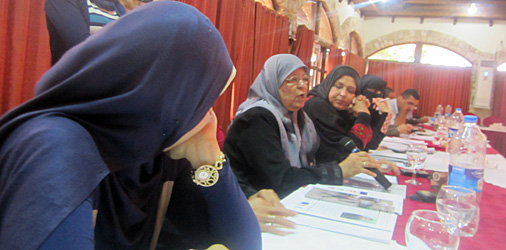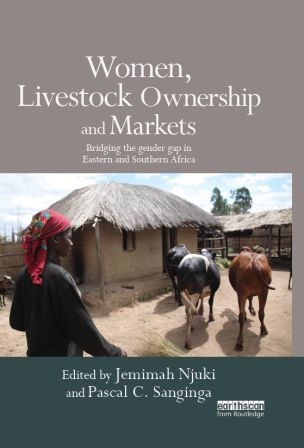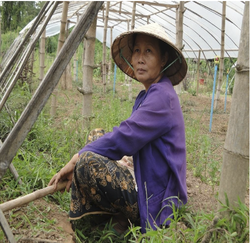CEDAW: A tool for gender-sensitive agriculture and rural development policy and programme formulation
This document gives a brief overview of CEDAW and, in particular, those articles that relate to rural women (especially Article 14). It then continues on to discuss how different organizations can use CEDAW for gender-sensitive program and policy formulation. It also gives some example case study “success stories” within different countries, as well as some further resources.









